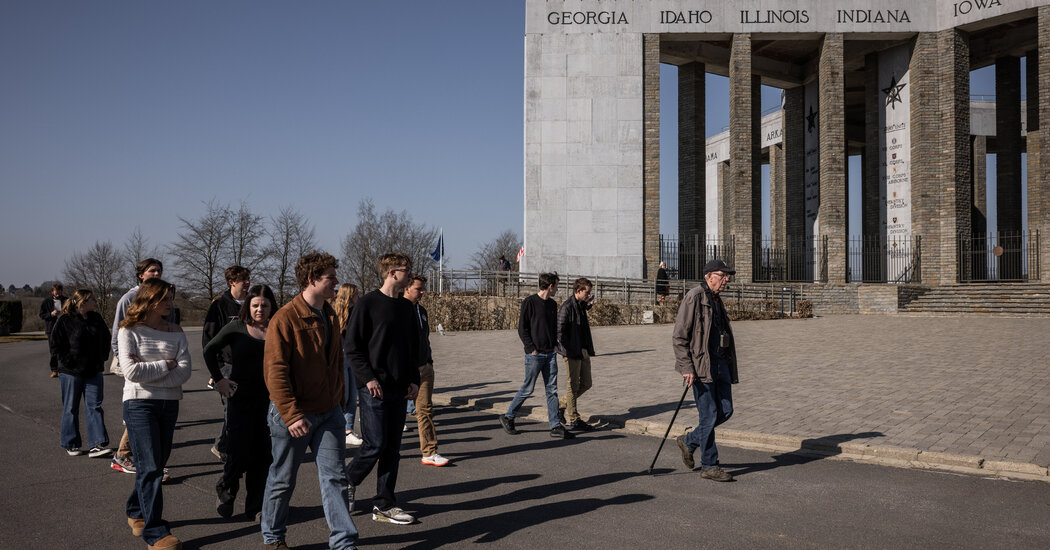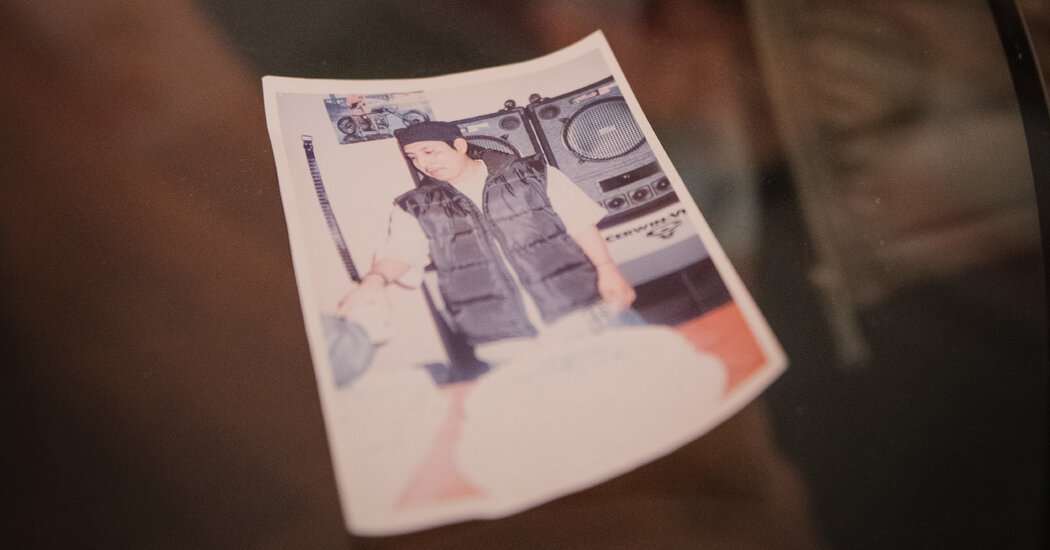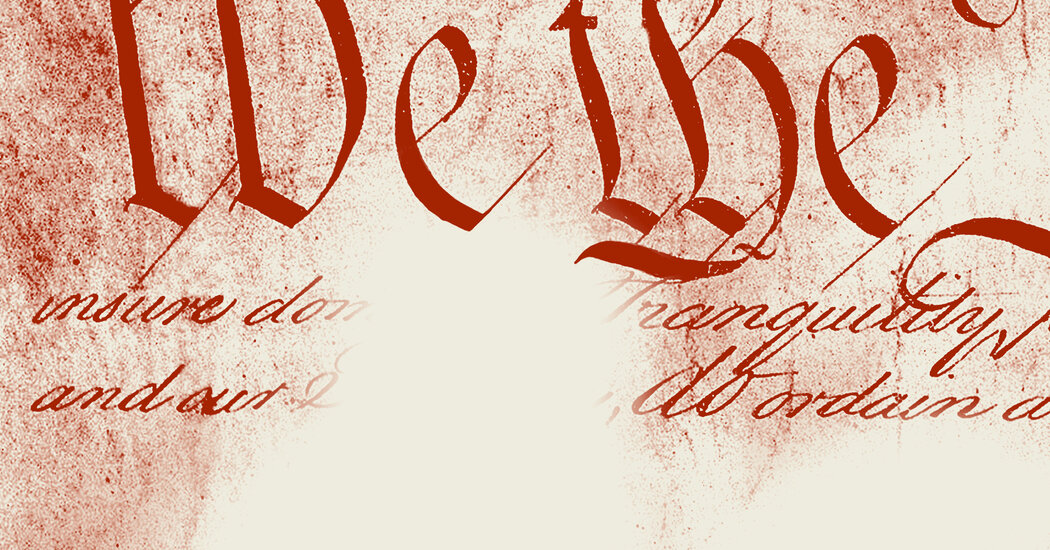Tour of Bastogne: Reflections on America’s Evolving Role
A tour in Bastogne, Belgium, led by 88-year-old Henri Mignon, offers a glimpse into the evolving perceptions of America abroad during President Trump’s second term. Mignon, who has long admired the U.S. for liberating his hometown from German occupation in World War II, finds himself grappling with changing views. Despite his dedication to sharing American heroism during the war, recent political events, including Trump’s interactions with international leaders, have complicated these sentiments. As Mignon guides a group of North Carolina students, he struggles to reconcile past heroism with current foreign policy, ultimately choosing to focus the tour on honoring historical veterans rather than discussing current U.S. politics. The tour reflects broader unease about the U.S.-European relationship amid evolving global tensions.
A Tour of Historical Shifts in U.S.-European Relations
As the bus continued its journey back, the weight of the moment lingered among the students and teachers. They had just walked through a living history, seen through the eyes of someone who lived it firsthand, whose very existence had been shaped by those pivotal events. Their silence was not just a response to Mr. Mignon’s unexpected remark but also a reflection of the complex emotions stirred by the tour itself. Here was a town that had been twice lifted from the grip of despair by American forces, and yet now faced an uncertain future, laden with the shifting sands of current geopolitics. The students, while curbing discussions of the political climate, couldn’t help but be affected by the narrative of sacrifice, resilience, and uneasy alliances, a tale told not just by Mr. Mignon but echoed in the very places they had visited. It was a stark reminder that the past and present are inexorably linked, with history providing a lens through which they viewed the unfolding global story.
Student Engagement in Historical Contexts
Even as Mr. Mignon momentarily allowed contemporary politics to seep into his narrative, the primary focus of the tour remained steadfastly on honoring the sacrifices made by the American troops who fought bravely during World War II. This retelling of history served not only as an educational experience for the students but also as a poignant reminder of the enduring bonds formed in times of war. The significance of these historical events, particularly for the towns like Bastogne and Houffalize, continued to be a compelling narrative that overshadowed the complexities of current political climates. Despite his personal reservations and the subtle tensions surrounding transatlantic relationships, Mr. Mignon’s commitment to preserving the memory of those who once fought for freedom was evident, reaffirming the lasting impact of shared history over transient political discourse.
Challenges in Maintaining the European-U.S. Alliance
The tour wrapped up with a reflective silence over the bus, as Mr. Mignon’s quip hung in the air. Despite his decision to focus on history, the intersection of past and present seemed unavoidable. The guide, who had lived through the events he described, couldn’t entirely sever today’s geopolitical reality from his recollections of past heroism. As the bus made its way back, some students glanced out the window, perhaps pondering the stories they had heard, and how they connected with the broader narrative of current events. It was a reminder that history doesn’t exist in isolation but continues to resonate through time, influencing perceptions and relationships in ways both overt and subtle. Despite any uncertainty about the present, the commitment to remember and honor those who had fought remained a central theme of the day, echoing the enduring importance of understanding and learning from the past.
Reflections on Changing Transatlantic Relationships
The tour ended on a contemplative note, as Mr. Mignon provided a glimpse into the emotional complexities of a longstanding alliance, now under strain. As the students left the tranquil pine forest of Bastogne, resonating with the tales of heroism and hardship, it was clear that while history was being celebrated, the present context could not be entirely ignored. The silence that greeted Mr. Mignon’s final quip served as a reminder of the shifting perceptions and uncertainties that accompany modern geopolitics, even as past bonds are remembered and revered.















Post Comment